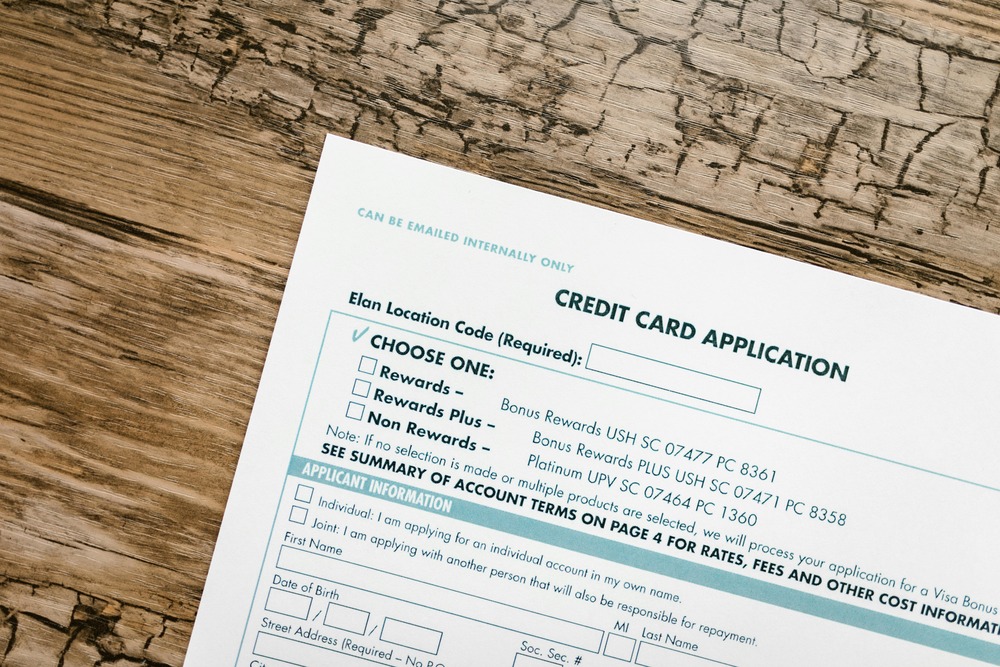Navigating the world of credit can be daunting, especially if you find yourself with a less-than-stellar credit score. A low credit score can limit your financial options, making it difficult to secure loans, rent an apartment, or even get a job. However, with the right strategies and tools, you can turn your credit situation around. One of the most effective ways to improve your credit score is by choosing the right credit card. In this blog, we will explore how the right credit card can help you elevate your score from bad to 700+! 🚀

Understanding Credit Scores
Before diving into how credit cards can help, it's essential to understand what a credit score is and how it's calculated. Credit scores typically range from 300 to 850, with higher scores indicating better creditworthiness. Here's a breakdown of the score ranges:
| Credit Score Range | Rating | Percentage of U.S. Population |
|---|---|---|
| 300 - 579 | Poor | 16% |
| 580 - 669 | Fair | 17% |
| 670 - 739 | Good | 21% |
| 740 - 799 | Very Good | 25% |
| 800 - 850 | Excellent | 21% |
As you can see, a significant portion of the population falls into the "Poor" and "Fair" categories. This is where the right credit card can make a difference! 🌟
How Credit Cards Impact Your Score
Credit cards can influence your credit score in several ways:
- Payment History (35%): Making timely payments on your credit card is crucial. Late payments can severely impact your score.
- Credit Utilization (30%): This is the ratio of your current credit card balances to your credit limits. Keeping this ratio below 30% is ideal.
- Length of Credit History (15%): The longer your credit history, the better. Opening a new credit card can help, but it may also lower your average account age temporarily.
- Types of Credit (10%): Having a mix of credit types (credit cards, loans, etc.) can positively impact your score.
- New Credit (10%): Each time you apply for a new credit card, a hard inquiry is made, which can slightly lower your score.
Choosing the Right Credit Card
When selecting a credit card to improve your score, consider the following options:
- Secured Credit Cards: These require a cash deposit as collateral, making them easier to obtain for those with bad credit. They report to credit bureaus, helping you build your score over time.
- Credit Builder Cards: Specifically designed for individuals looking to improve their credit, these cards often have lower limits and higher interest rates.
- Rewards Cards: Once your score improves, consider switching to a rewards card that offers cash back or travel points.
Here's a comparison of different types of credit cards:
| Card Type | Annual Fee | Credit Limit | Interest Rate | Ideal For |
|---|---|---|---|---|
| Secured Credit Card | $0 - $50 | Low | 15% - 25% | Building credit |
| Credit Builder Card | $0 - $100 | Low | 20% - 30% | Improving credit score |
| Rewards Credit Card | $0 - $500 | High | 15% - 22% | Earning rewards |
Steps to Improve Your Credit Score
- Make Payments on Time: Set up automatic payments or reminders to ensure you never miss a due date. ⏰
- Keep Balances Low: Aim to use less than 30% of your available credit. If your limit is $1,000, try to keep your balance below $300.
- Monitor Your Credit Report: Regularly check your credit report for errors. You can get a free report annually from AnnualCreditReport.com.
- Limit New Applications: Each application can lower your score, so apply for new credit sparingly.
- Consider Credit Counseling: If you're struggling, organizations like the National Foundation for Credit Counseling can provide guidance.
Real-Life Success Stories
Many individuals have successfully improved their credit scores using the right credit card strategies. For instance, a recent study showed that individuals who used secured credit cards saw an average score increase of 60 points within six months! 📈
| Name | Starting Score | Ending Score | Timeframe | Card Type |
|---|---|---|---|---|
| John Doe | 550 | 710 | 12 months | Secured Credit Card |
| Jane Smith | 580 | 720 | 8 months | Credit Builder Card |
| Alex Johnson | 600 | 740 | 10 months | Rewards Credit Card |
Conclusion
Improving your credit score from bad to 700+ is not just a dream; it's an achievable goal with the right credit card and strategies. By understanding how credit scores work and making informed choices, you can pave the way for a brighter financial future. 🌈
For more information on credit scores and how to improve them, check out resources like Credit Karma or Experian. Remember, the journey to better credit is a marathon, not a sprint. Stay committed, and you'll see the results! 💪




